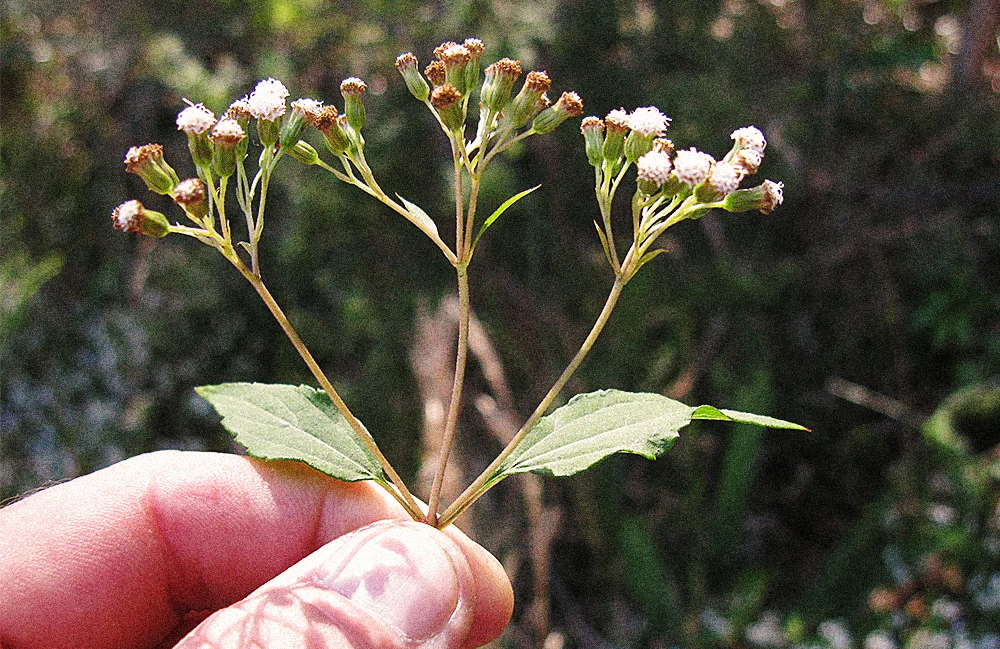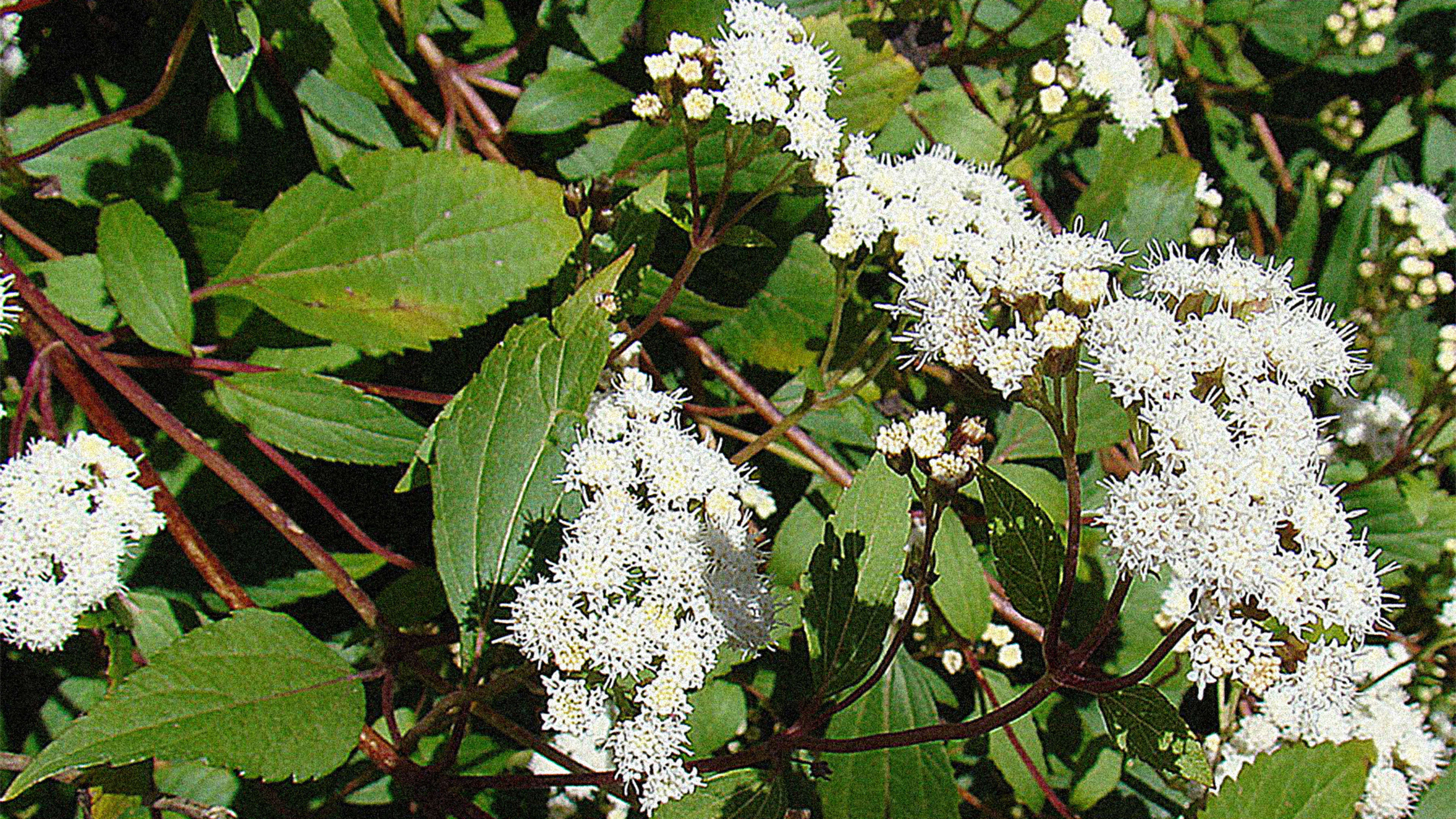Perfume ads may often be filled with women running through fields of flowers, but it’s rare that any actual flowers are involved in manufacturing. Now, a Mexican flower may begin to be used to replace one of the dirtiest perfume ingredients–ambergris, a waxy lump of what is essentially whale poop.
Ambergris has been used for centuries as a fixative to make perfume keep its scent, and although it was banned in the U.S. in 1973 under the Endangered Species Act, it’s still used by some European perfumiers. It’s incredibly expensive–a lump found on the beach in the U.K. last year was valued at $180,000–and some companies use a synthetic substitute instead. But even that causes environmental problems.
The current method to make the substitute, Ambrox, uses huge amounts of energy. “The main problem is that the manufacture typically requires harsh conditions–high temperature and pressure,” explains Mahmoud El-Halwagi, a professor of chemical engineering at Texas A&M University. “So that entails usages of energy, which impacts cost and also has environmental consequences.”
Instead, perfume manufacturers may soon be able to use a Mexican flower called snakeweed, which researchers recently discovered can turn into Ambrox in one simple step, eliminating the excess energy use. The flower happens to be native to the Mexican state of Michoacán, and the researchers believe it could help bring new jobs to the area.
In a full environmental analysis, the scientists found that although growing the flower would have some environmental impacts–and take some agricultural land and water away from food production–it would be a much better alternative than the current chemical brew. And though the product would have to take a long trip from Mexico to perfume manufacturing plants in Europe, that may eventually change.

“Transportation is an issue,” El-Halwagi says. “The model we looked at was to manufacture Ambrox and to ship it to Europe, where there is most likely that large demand. But presumably in the future, local industry in Mexico may team up with manufacturers to grow the perfume industry within Mexico, so instead of just shipping fixatives, what they can do is produce the whole thing there…this could have an important impact on the local economy.”
Now perfume companies just need to work on cleaning up the rest of their ingredients, like chemicals linked to hormone disruption and even cancer that hide in some fragrances.
Recognize your brand’s excellence by applying to this year’s Brands That Matter Awards before the early-rate deadline, May 3.
